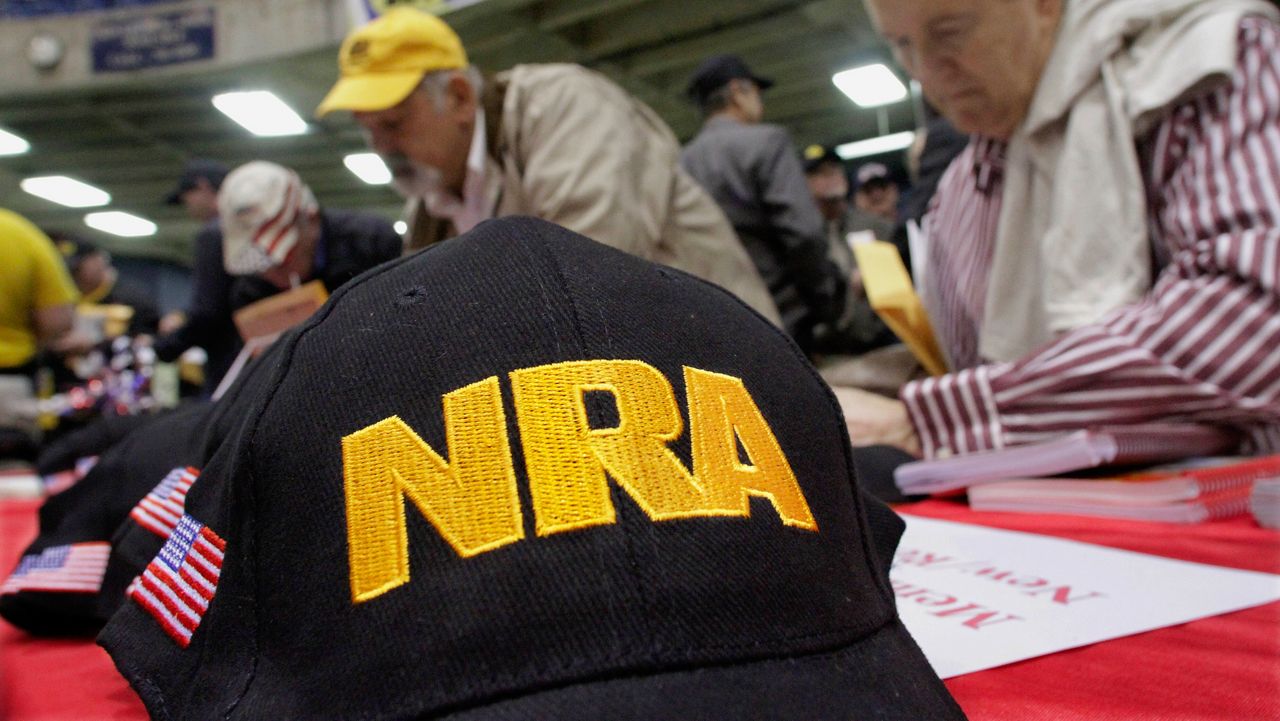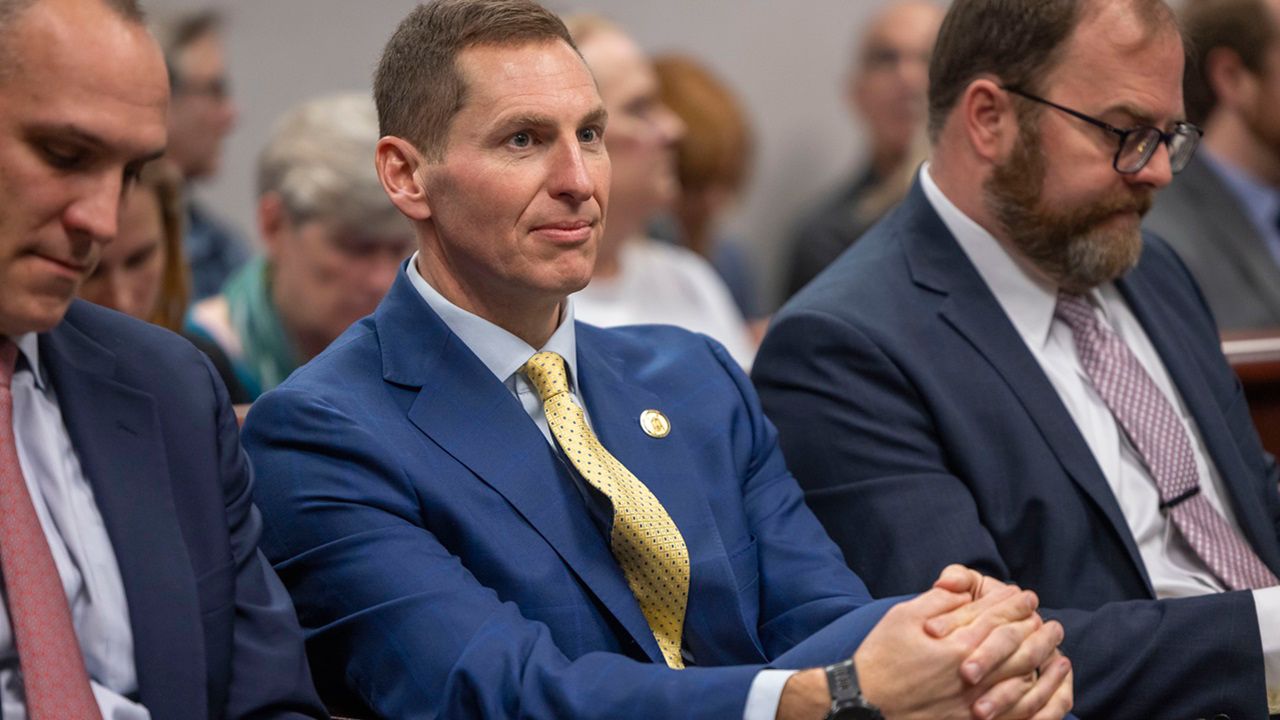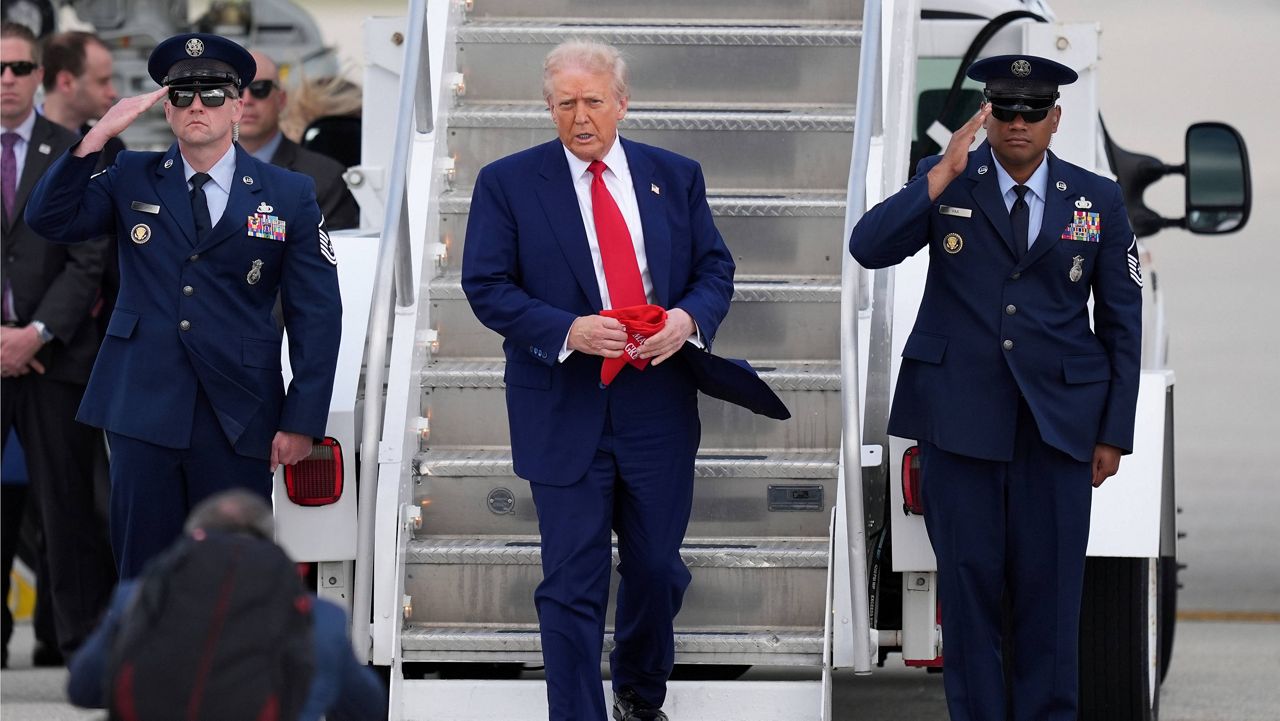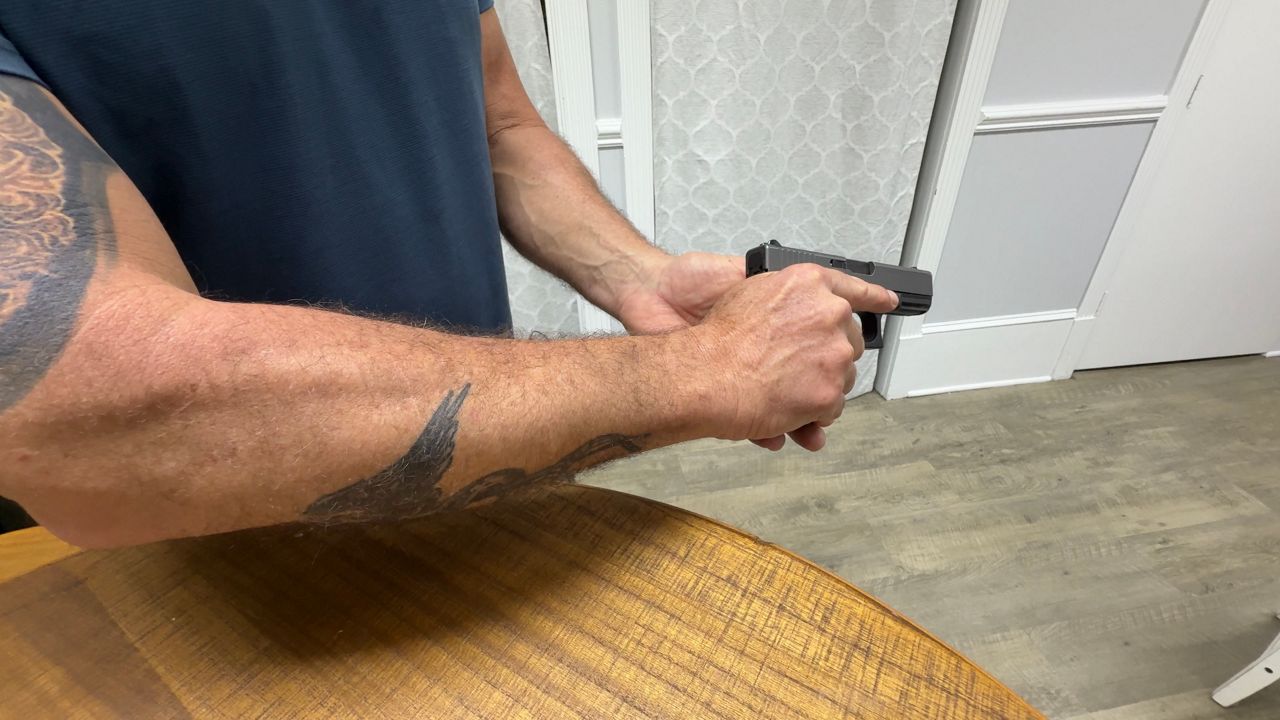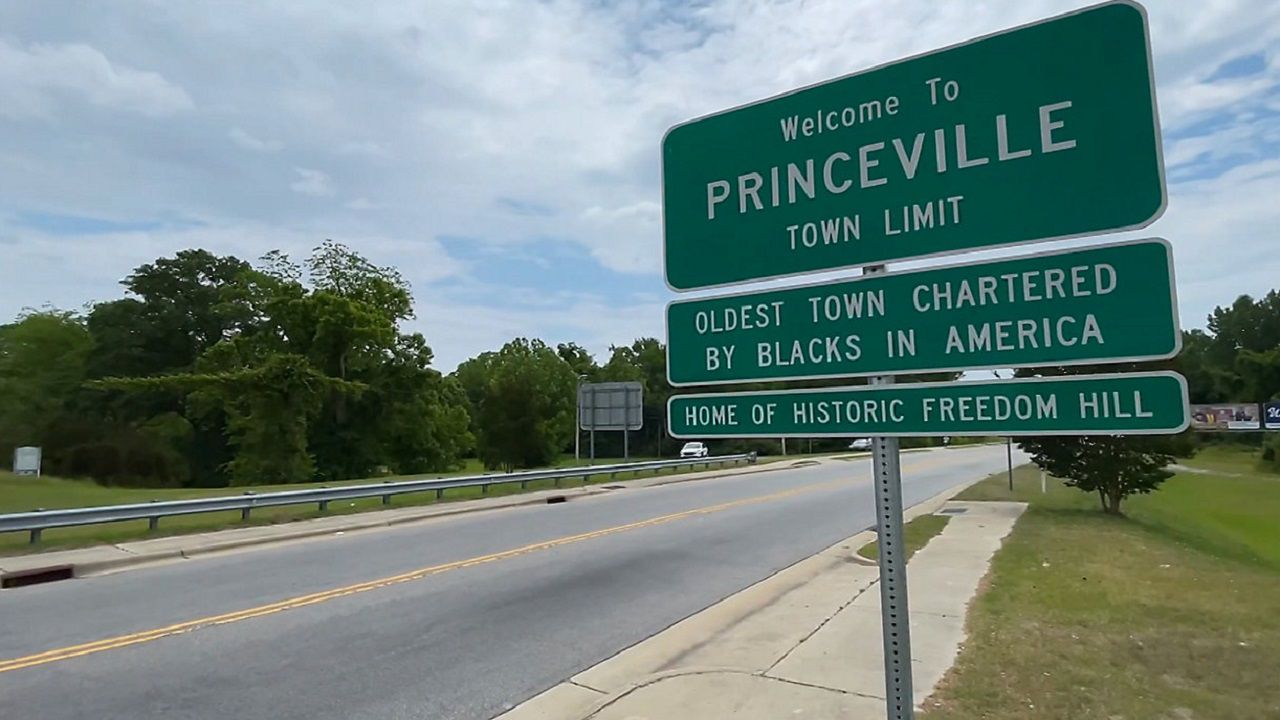The power of the gun rights lobby and organizations like the National Rifle Association in Washington, D.C., is well-known, where groups opposed to tighter gun laws spend millions to support mostly Republican candidates.
The National Rifle Association’s NRA Political Victory Fund also donates to powerful Republicans in North Carolina.
During the 2020 elections, the NRA’s political action committee spent more than $25,000 in North Carolina, according to campaign finance records from the North Carolina Board of Elections.
The group donated the maximum allowed by state campaign finance law to the campaigns of Lt. Gov. Mark Robinson, gubernatorial candidate Dan Forest, House Speaker Tim Moore and Senate President Pro Tem Phil Berger, campaign finance records show.
During the 2020 elections, which included races for governor and every seat in the General Assembly, the maximum one person or group could donate was $5,400.
Robinson is on the NRA board and spoke at the group’s annual meeting in Texas days after the shooting in Uvalde.
During the first quarter of this year, the NRA donated $1,000 to both the North Carolina House Republican Caucus and the North Carolina Senate Republican Caucus to help support their candidates, records show.
A review of campaign contributions from 2016 through the first quarter of 2022 shows the NRA Political Victory Fund spent more than $51,000 on state-level races in North Carolina.
The NRA also spent tens of thousands supporting North Carolina’s Republicans in Congress. In the 2020 election cycle, North Carolina Rep. Richard Hudson received $9,900 from the group, according to Open Secrets, an organization that tracks campaign finance.
Rep. Dan Bishop received $6,950 from the NRA, and Sen. Thom Tillis $7,450, Open Secrets data shows. The three were in the top 20 recipients for all federal candidates in 2020. Every member of North Carolina’s Republican delegation to the House received contributions from the NRA that year, according to Open Secrets.
As many states and Congress consider new gun laws after mass shootings in Buffalo, New York, and Uvalde, Texas, the debate is not on the agenda at the North Carolina General Assembly.
Gun laws are front and center in Washington, D.C., this week, with hearings in Congress that include an 11-year-old survivor of the Uvalde shooting. But tighter gun laws have for decades evaded Congress, split along party lines between Democrats arguing for tighter regulations and Republicans for gun rights.
Tillis is said to be one of the lead negotiators for the Republicans hashing out potential new federal gun legislation.
Absent federal action, many state legislators have taken action on gun laws to require more background checks, red flag laws that allow a court to take someone’s guns if there’s evidence that the person is a risk to themselves or others, and other measures.
North Carolina in recent years has tried to go in the other direction. The Republican-controlled General Assembly last year passed a law that would do away with the permit required to buy a handgun online or at a gun show. Gov. Roy Cooper vetoed that bill.
The law requiring permits for private handgun sales closed part of the “gun show loophole” in federal law that says people don’t need background checks when buying guns from private sellers.
Berger, the top Republican in the Senate, did not respond to a request for comment about the NRA campaign donations. But a spokeswoman for Berger did send a statement about the potential for gun measures in the General Assembly.
“Sen. Berger is open to hearing proposals that legislators believe would have prevented the tragic event in Texas and will make our schools safer for students and staff,” Berger’s office said.
“The General Assembly has previously funded numerous school safety and mental health initiatives, including $9.8 million to help each of the 115 local school districts hire a school psychologist and $20 million in grants to address students in crisis, school safety training, and safety equipment,” the statement said.
The governor’s budget proposal this year includes $1 million to distribute free gun locks and $200,000 for a campaign about safely storing guns. Advocates of tighter gun laws say free gun locks would help stop gun deaths in North Carolina, including teen suicides.
“Safe storage is incredibly important for preventing school shootings, for preventing youth suicides, for preventing accidental shootings. A simple thing of keeping your gun locked up and the ammunition stored separately can make a big difference,” said Becky Ceartas, executive director of North Carolinians Against Gun Violence Action Fund.
Republican leaders in the General Assembly have not said whether or not they support including money for gun locks in the state budget.
Ceartas said she hopes North Carolina can pass its own version of a red flag law, also called “extreme risk protection orders.”
“For every 10 to 20 risk warrants served, one life is saved, usually suicides,” she said. “We’ve seen also with mass shootings that those shooters have seen warning signs that, if there had been an extreme risk protection order or red flag law, could have been prevented.”
“People throughout North Carolina want stronger background checks, they want meaningful gun violence legislation, and for some reason this is not getting through and this is not getting passed,” Ceartas said.
“It’s reasonable to believe if they’re getting large sums of money from various interests that they’re beholden to those interests,” she said. “Our U.S. senators, they’re one of the top recipients of NRA money, and they voted against universal background checks, something as simple as that.”
Elected leaders in Washington continue to negotiate potential gun legislation, and President Joe Biden said he hopes to have something on his desk before Congress goes home for the 4th of July recess.
Given the track record in Congress, that may be a tall order. And that leaves it to the states to pass their own gun legislation, whether that’s funding free gun locks or creating new red flag laws.





